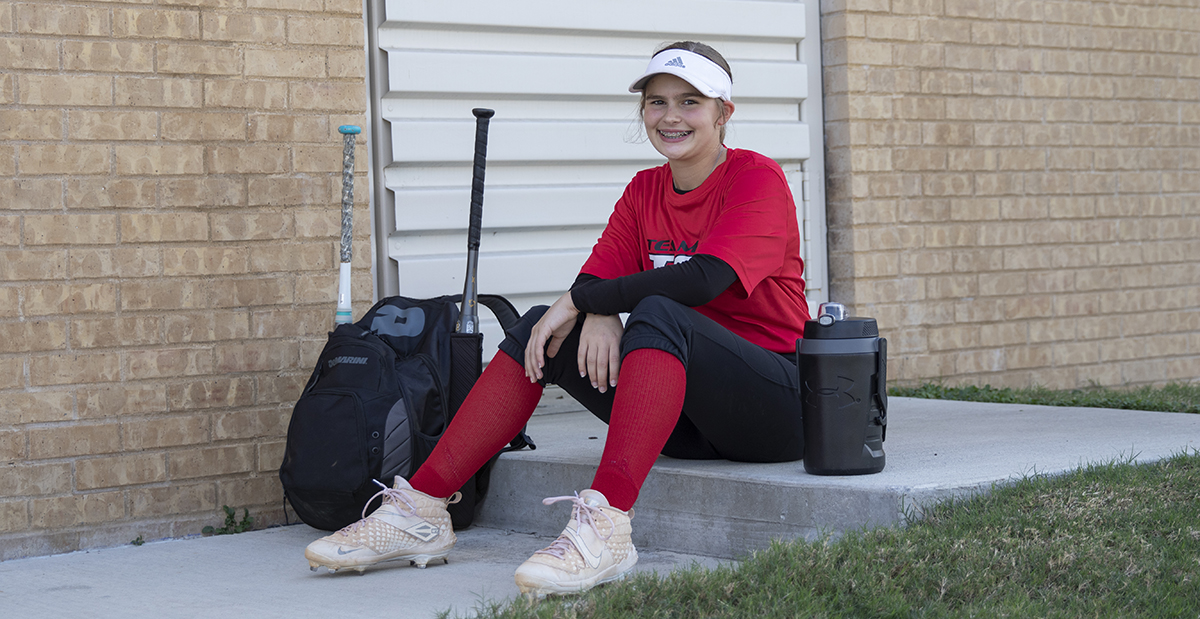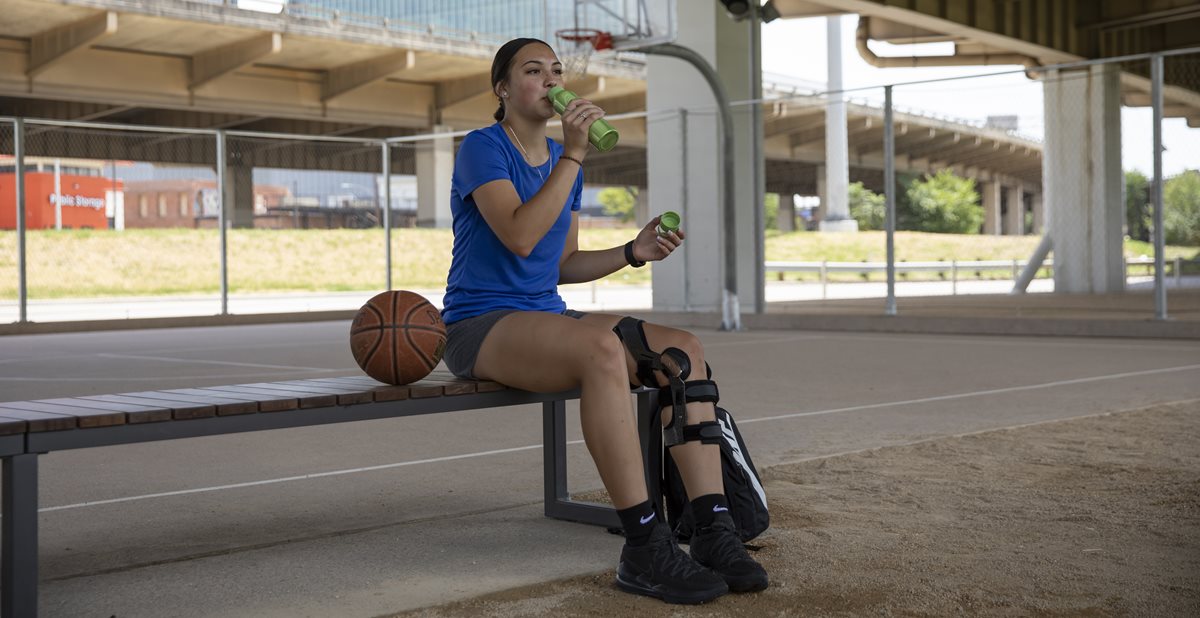
Oct 30, 2022 / Sports Medicine
Hydration in the Cold
One comment we hear from coaches around this time of year is that they are seeing more muscle cramps and fatigue in their athletes. In part, we believe this is caused by a decreased fluid intake. For some athletes, the cold weather may decrease thirst as well as the desire to drink fluids. Taylor Morrison, M.S., R.D., CSSD, L.D., says, “When it’s not hot, athletes may think that fluid intake is not as important, however, staying focused on hydration is just as important during the colder months as it is in the hot summer months.” She advises young athletes to drink throughout the day or follow an individualized hydration plan to stay focused, energized and prevent injury for the sport.
Why are Athletes at Risk of Dehydration in Colder Weather?
Any of these can affect performance and increase injury risk. Together, and especially if not addressed, these can be early signs of a more dangerous condition known as heat illness. Recognizing these signs and symptoms early is important.
Why are Athletes at Risk of Dehydration in Colder Weather?
- Fluid is continuously lost through respiration (breathing) and is lost more rapidly during activity.
- Extra layers of clothing may increase sweating and therefore fluid loss.
- The athlete drinks less throughout the day and during and after practice even though fluid needs are the same as training in warmer temperatures.
- Carry a water bottle throughout the day. Fill it with room-temperature water if ice water is not appealing.
- Include warm soups with lunch, dinner or snacks.
- Include hot, decaffeinated tea with breakfast.
- Bring room temperature water to practice.
- Top cooked oatmeal with warm milk and cinnamon as an energizing breakfast or recovery snack.
- Enjoy hot chocolate made with milk for your recovery snack. It will provide the needed protein, carbohydrate and fluid post-workout and keep you warm!
Any of these can affect performance and increase injury risk. Together, and especially if not addressed, these can be early signs of a more dangerous condition known as heat illness. Recognizing these signs and symptoms early is important.
- Overheating or not sweating normally
- Fatigue early in game or practice
- Decreased/poor performance
- Urine is dark in color (like apple juice) and lower in volume
- Headache
- Nausea
- Trouble focusing



